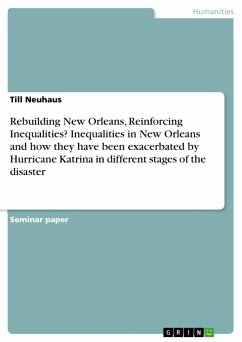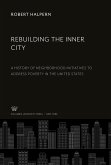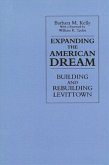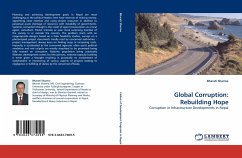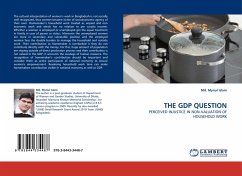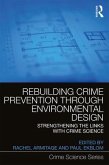Traditional approaches to housing and urban development see the process as an outcome of technological change (technological determinism) or as a response to natural requirements such the need for shelter (functionalism). They overlook the extent to which housing form (architecture, location, density) is an outcome of social form. Many Marxist approaches recognise the role of the social in shaping 'superstructural' elements, such as architecture, but fail to see the social, or 'economic', as a product of conscious but self-contradictory subjects and their ideas. This work follows in the path of Critical Theory and re-centres the role of conscious self-contradictory (dialectical) struggle in urban development and housing forms. It adopts and develops contemporary understandings of 'social class' from Gunn and 'architecture and power' from Markus and Foucault, and applies these to the history of housing using Scottish urbanisation as a case study.



